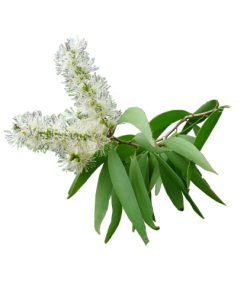GINGER OIL
Specifications:
Botanical Name: Zingiber officinale
Country of Origin: Vietnam
Extraction Method: Steam Distillation
Plant Part use: Fresh rhizomes
100% Pure & Natural
Appearance: Only Liquid
Color: Pale yellow to brownish yellow color
Odour: Fresh, strong, warm & spicy
Specific Gravity: 0.870 – 0.895
Refractive Index: 1.480 – 1.500
Optical Rotation: -47° to -26°
Main components: Zingiberene min 24%















